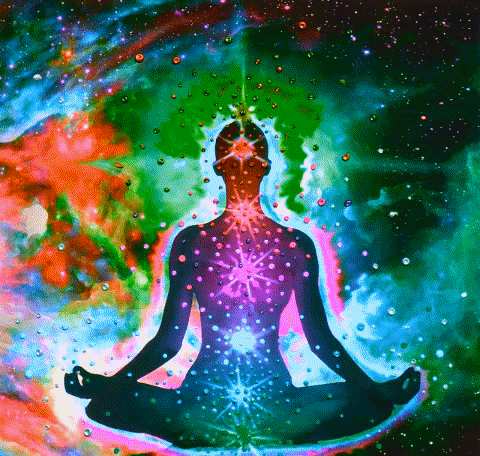The practice actually makes some people more selfish, says science.
Ah, the 1990s: white men with dreadlocks and Om tattoos wearing cheesecloth, smoking Gudang Garam cigarettes, tabla music on the stereo, all in a cloud of Nag Champa incense.
The thickest halo of smugness, the Back Page recalls, was reserved for practitioners of Vipassana meditation – they had to be silent for 10 days, but boy, you’d be hearing about it for weeks.

That carnival of cultural kleptomania may be over, but mindfulness meditation is still ragingly popular in the stressed-out West, with its promises of inner peace, insight and increased focus.
Now researchers have found a surprise downside in the adoption of such practices within cultures that are typically more individual-focused than the Buddhist cultures where they originated.
The authors of a preprint on psyarxiv say mindfulness, which will soon be a $US2 billion business in the US alone, decreases prosocial behaviour in those who regard themselves as more independent, in contrast with those who see themselves as more interdependent.
That’s according to an experiment in which they had participants perform a mindfulness exercise or a control activity and then offered them the chance to stuff envelopes for a charity fundraising.
They correlated the willingness to do this with the participants’ self-construal as independent or interdependent. Those with independent self-construal in the mindfulness group were less likely to volunteer their time than the controls.
“Consistent with our predictions, mindfulness led to decreased prosocial behavior among those with relatively independent self-construals,” the authors wrote. “It also led to increased prosocial behavior among individuals with both interdependent relational and collective self-construals.”
If you see something tie-dyed, say something … send loving-kindness vibes to felicity@medicalrepublic.com.au.


